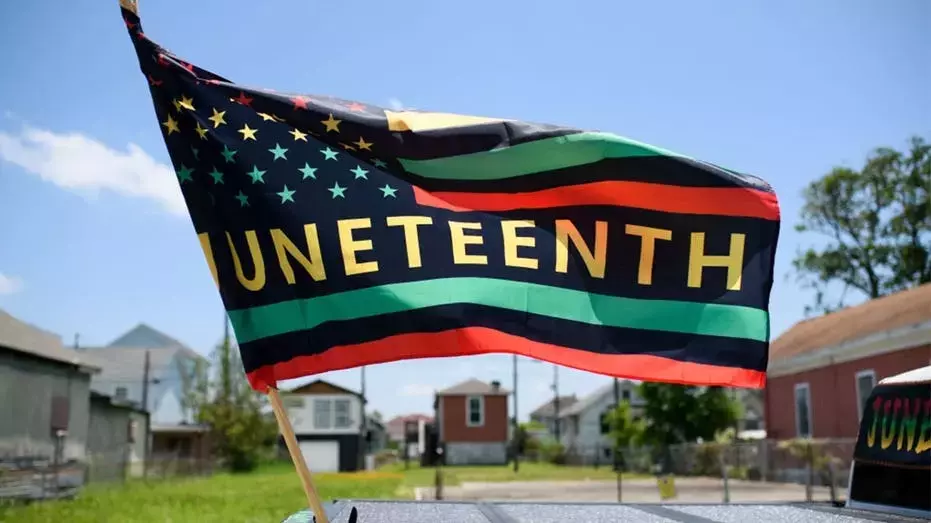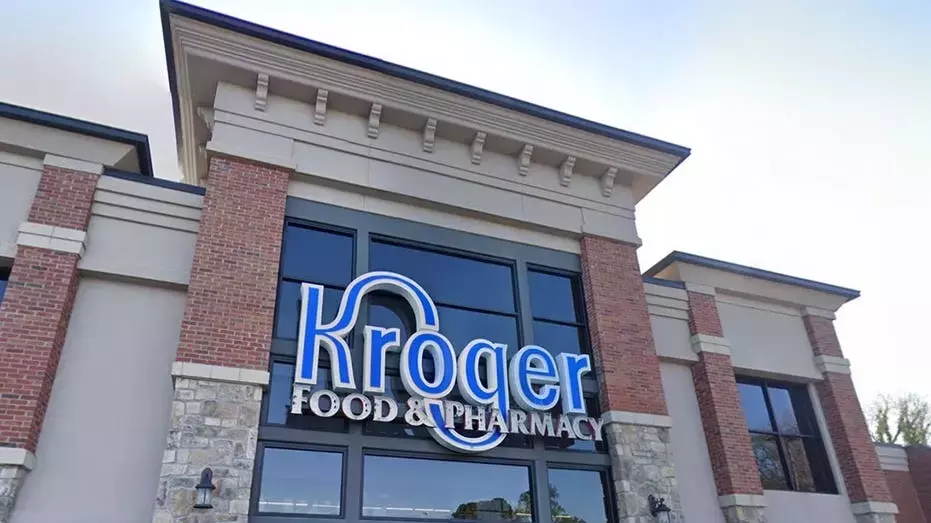




A grocery store in Atlanta faced backlash after a TikTok video revealed cakes with questionable designs intended to celebrate Juneteenth. The incident sparked widespread discussion about cultural sensitivity and the importance of thoughtful representation in commercial settings. Social media played a crucial role in amplifying the issue, leading to public scrutiny and an official response from Kroger.
Incident Details and Public Reaction
In the heart of Atlanta, during a vibrant celebration of Juneteenth, a local Kroger store inadvertently became the center of controversy. A TikTok user named @blaq.monalisa recorded a video inside the store, highlighting several cakes and pastries that were deemed culturally insensitive by many viewers. These desserts featured phrases like "Free @ Last" and "FREE," which some found offensive or poorly executed. The video quickly went viral, amassing over 10 million views and sparking heated debates online.
Kroger swiftly addressed the situation, acknowledging that the products did not align with their standards. In a statement issued to Fox News Digital, a spokesperson confirmed that the problematic items had been removed and measures taken to rectify the oversight with both staff and customers involved. Despite this action, the creator of the viral post expressed lingering dissatisfaction, emphasizing her hope for more thoughtful alternatives in future celebrations.
Juneteenth commemorates June 19, 1865, marking the day enslaved individuals in Galveston, Texas learned of their liberation following the Civil War. This historic event underscores the significance of accurately honoring such milestones through respectful gestures and meaningful engagement.
From a journalist's perspective, this incident highlights the challenges businesses face in navigating cultural nuances while aiming to honor significant events. It serves as a reminder of the power of social media in shaping public perception and holding organizations accountable for their actions. Ultimately, it calls for greater awareness and collaboration between companies and communities to ensure authentic and respectful representations in all forms of expression.
